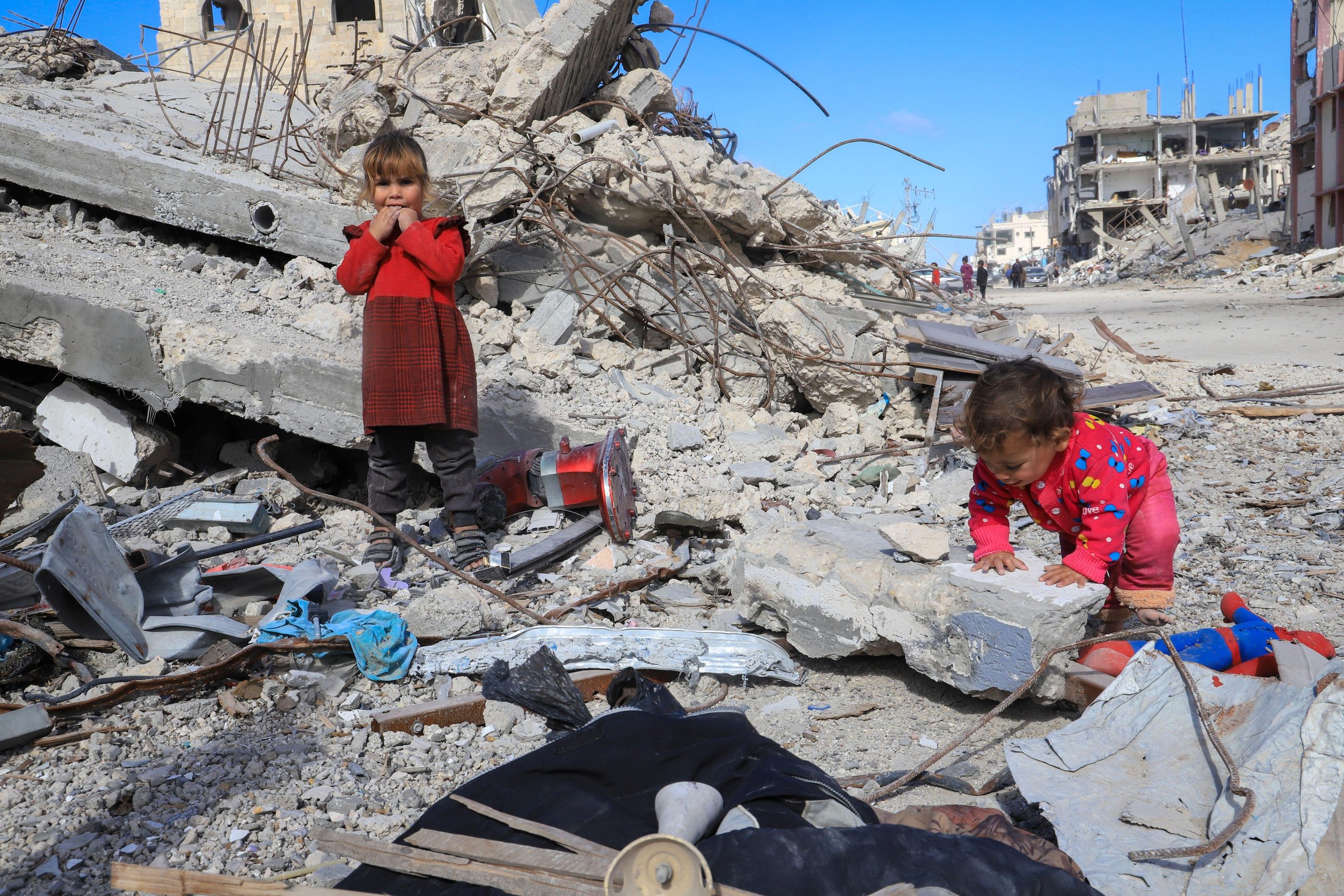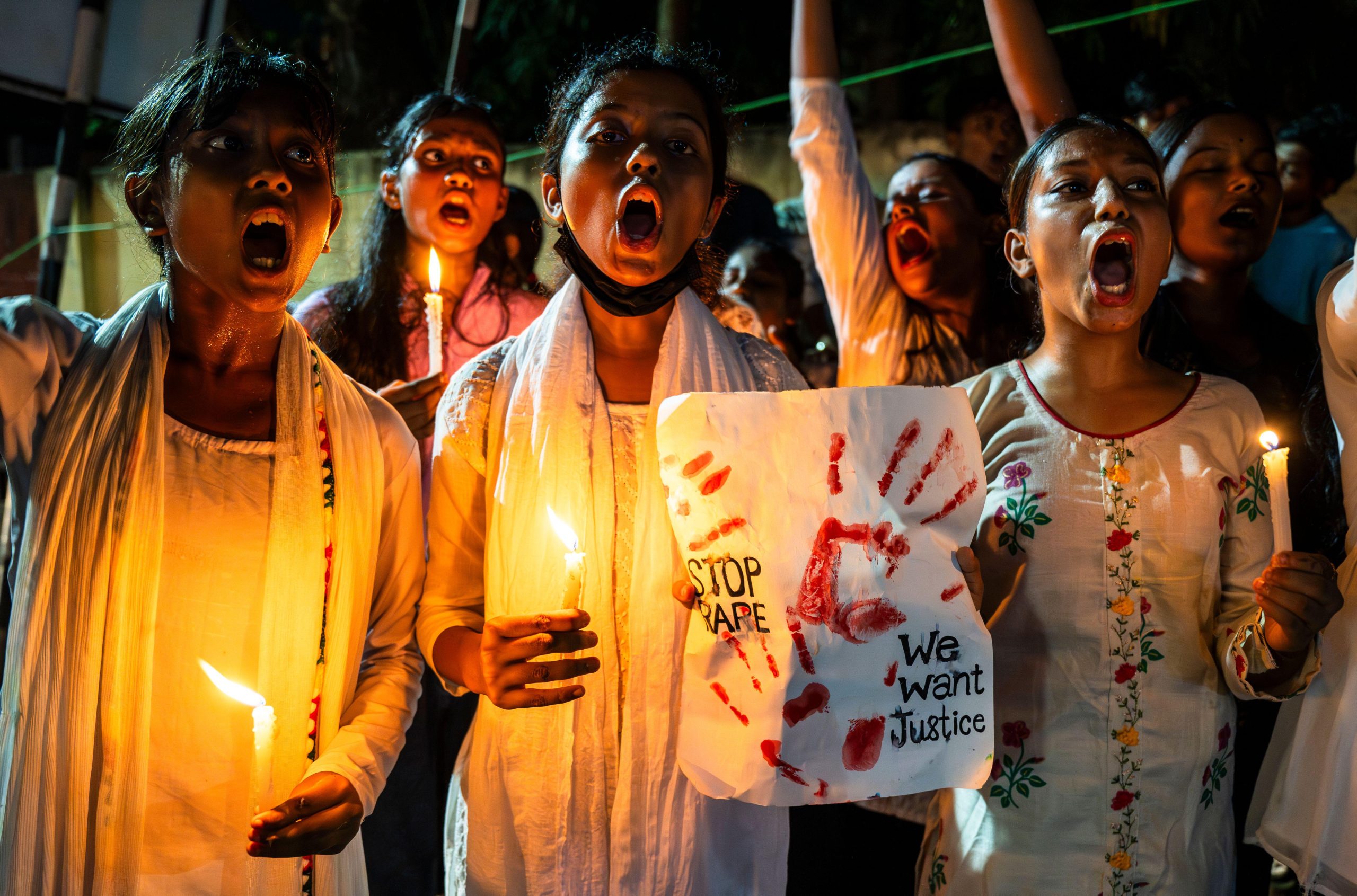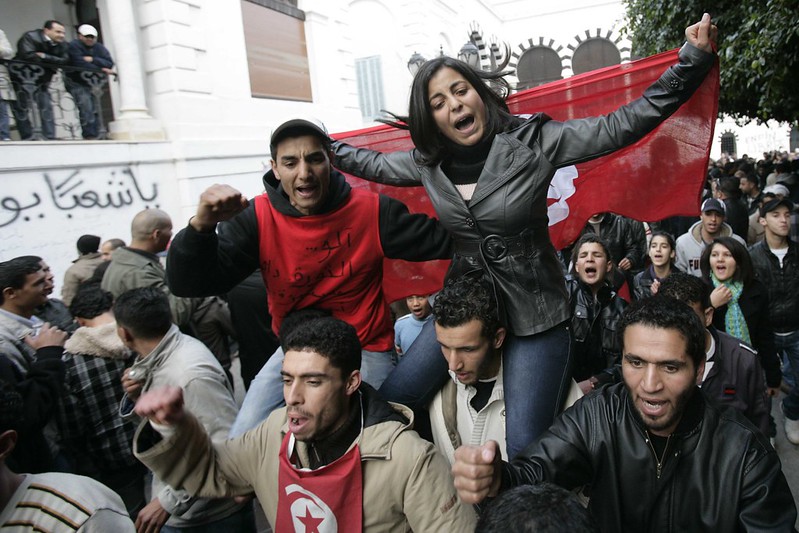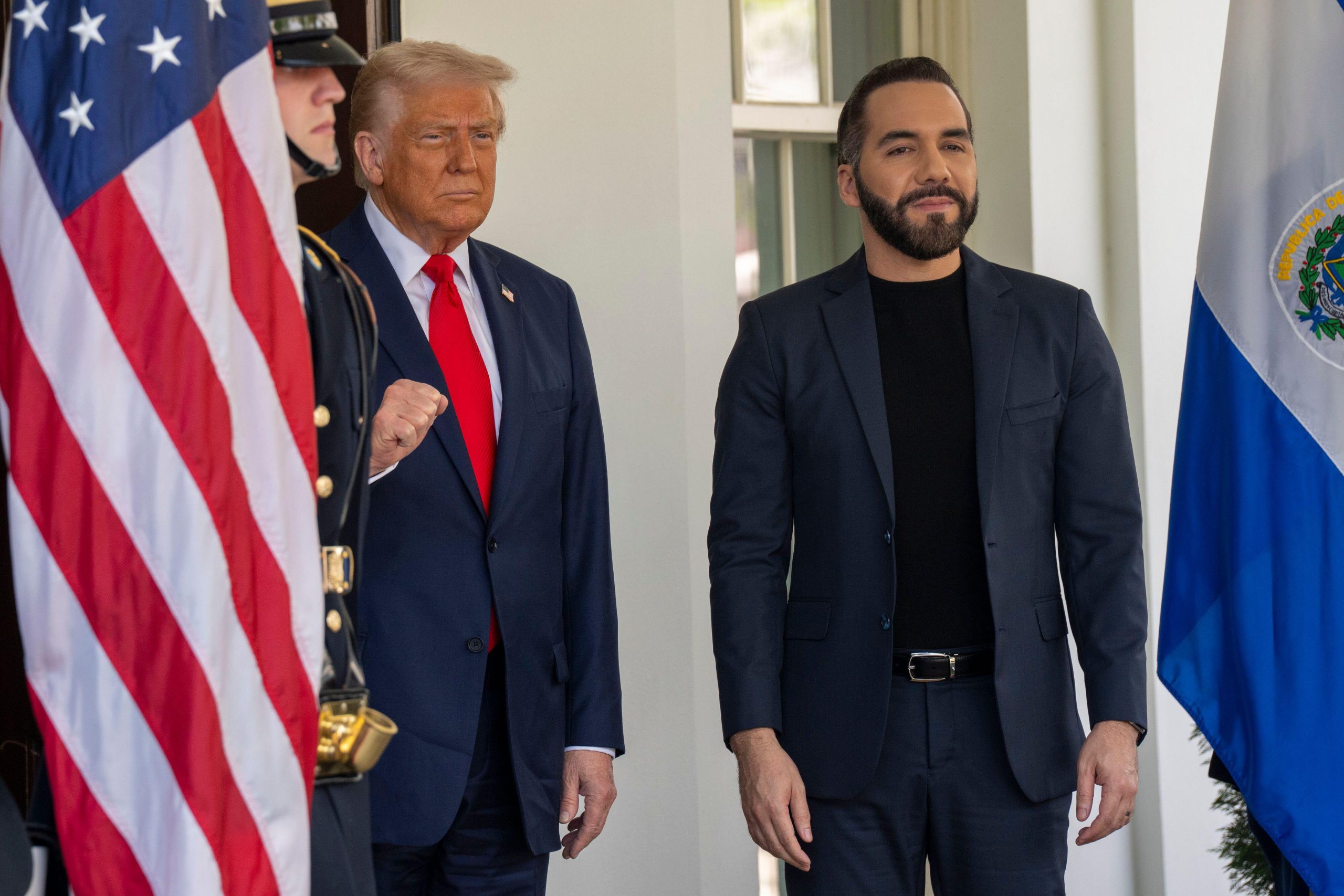
Lal Wickrematunge’s brother, Lasantha, was murdered one year ago. Here he assesses the ongoing cost of the war in Sri Lanka
When the leader of the Liberation Tigers of Tamil Eelam (LTTE), Velupillai Prabhakaran, shut the sluice gates of the Mavil Aru reservoir in July 2006, depriving many of the people in the eastern province of Sri Lanka access to water, a provoked President Mahinda Rajapaksa vowed to wipe out the rebel group. Three years on, in May 2009, the fighting ended with the defeat of the LTTE and the death of its elusive leader. Tamil civilians, who had been forced to withdraw with the LTTE into a tiny area of land in the face of the advancing armed forces, were evacuated into government-controlled camps where they remain, guarded by the military. A total of 270,000 were still living in these conditions at the time of writing this article (November 2009).
The repercussions for the media in their attempt to report this bloody war and its tragic consequences have been profound. In January 2009, armed goons forced their way into the country’s largest private television station, MTV, and set fire to the transmission equipment after detonating grenades. Ruling politicians had gone on record to say that MTV was a proxy of the LTTE.
Just three days after this attack, Lasantha Wickrematunge, the founder editor of the Sunday Leader and my brother, was shot dead within the high security zone. This was followed by a similar attack on Upali Tennakoon, editor of a newspaper group owned by a friend of President Rajapaksa, though he wasn’t killed. Many were of the view that this attack was an attempt to divert attention away from the killing of Wickrematunge, and perhaps to show that journalists close to the regime were also being targeted. Lasantha’s death is still unsolved, as are the other abductions, assaults and killings of journalists that have taken place. There is no expectation that any of these crimes will lead to successful prosecutions. Many journalists who have been branded as traitors have had to flee the country. Those who remain have resorted to self censorship.
A culture of impunity prevails and the media are constantly under pressure, while the general public, still savouring the victory over the LTTE, seems unconcerned with the attacks on the private media.
During the time Lasantha was editor-in-chief of the Sunday Leader two cases of defamation were filed against him by Gotabaya Rajapaksa, the Sri Lankan secretary of defence, concerning two articles that appeared in May — profiles of Rajapaksa and the late LTTE leader.
With the death of Lasantha, these cases are continuing against the publishers.
Attacks on journalists continue. In June, Poddala Jayantha, a reporter working for a state-owned newspaper who is also an official for the Free Media Movement, a voluntary organisation that promotes freedom of speech, was badly beaten and had his leg broken.
In September, Jayaprakash S Tissainayagam, editor of the now defunct monthly magazine North East Herald, was sentenced to 20 years in prison. He had been arrested in 2008 and held under a detention order only to be charged under the draconian Prevention of Terrorism Act, the first Sri Lankan journalist to be charged under the act. He was accused of writing and publishing articles that caused racial hatred and promoted terrorism. The articles had criticised the government’s treatment of civilian Tamils caught up in the war. He was found guilty largely based on an alleged confession he made to the police while in custody. He has appealed against his sentence.
The war in Sri Lanka generated as much interest internationally as within the country. The government excluded the media from the theatre of war and handed out unverified updates through a state-controlled Media Centre for National Security, which was supported by a dedicated minister with the official status of defence spokesperson.
The pressure against reporting anything considered adverse by the government to its military thrust was not limited to the local media either. Several international journalists were considered persona non grata in Sri Lanka. Others had limited or no access to the north or east of the country. The government also refused entry to overseas politicians considered partial to the Tamil refugee community.
Bob Rae, a Canadian MP, was stopped at Colombo Airport and sent back even though he had an entry permit issued by the Sri Lankan Embassy in Ottawa. Non-governmental organisations have also been chastised for ostensibly helping the LTTE. This is a popular stance with the majority community, which has thrown its support behind President Rajapaksa since the death of Prabhakaran, the LTTE leader, who seemed to be invincible for more than two decades.
In response, the independent media (Sri Lanka has a well-entrenched state-owned and controlled media) reported the highs and lows of the war using clandestine sources. The government was quick to clamp down on alternate views to those disseminated by the state, and senior government officials and military officers named and shamed media personnel by calling them traitors. The now famous quote, ‘Either you are with us or against us’, was used by the defence secretary, who is the brother of the president.
At the end of October, the Sunday Leader’s editor-in-chief Frederica Jansz and news editor Munza Mushtaq received threatening letters.
Written in Sinhala in red ink, they resembled the letter received by Lasantha in January. Even the handwriting was similar. A complaint has been lodged with the local police and also with the Criminal Investigations Department.
The attention of the international community is now focused on the plight of the displaced people still languishing in the camps. The government has made promises in various forums that they would be sent back to their homes within 180 days, but the clearing of mines has delayed progress. The government’s promises have met with much scepticism at home and abroad.
Riding on a wave of popularity, President Rajapaksa is expected to call presidential elections at the beginning of next year, two years before his first term expires. He is expected to win comfortably. This does not augur well for the prospects of a free media.
Lal Wickrematunge is managing editor of the Sunday Leader in Sri Lanka. The newspaper was awarded the Guardian Journalism Award at Index on Censorship’s Freedom of Expression Awards 2009





